Perils of Pakistan’s Stability
Fri, 23 Sep 2022 | Reading Time: 3 minutes
As I am writing this piece, Pakistan is suffering from catastrophic floods that hit across the country. United Nations Secretary-General Antonio Guterres is currently on a humanitarian visit to the country. This calamity which flooded the country came at possibly the worst time that Pakistan could expect. The country is already suffering from political, economic and geopolitical problems. For the past few months, Pakistan is in stringent condition. Husain Haqqani, a former ambassador of Pakistan to the USA, recently warned that if this continues Pakistan could become another Sri Lanka.
Let us examine in detail how one catastrophe led to another. It all probably started this April, when then Prime Minister Mr Imran Khan was ousted by the National Assembly of Pakistan in the no-confidence motion. Mr Shahbaz Sharif, a former Chief Minister of Punjab province of Pakistan and younger brother of the former Prime Minister Nawaz Sharif took over as the new PM of Pakistan. In a parliamentary democracy, it is very common to lose the majority and sit on the other side of the table, but not in Pakistan. Mr Khan, who proclaimed himself the leader of the Muslim ummah, refused to acknowledge the result of the no-c0nfidence motion. He claimed that the whole motion was a conspiracy by the US government to dethrone him. Mr Khan argued that the West did not approve of Pakistan’s close relations with Russia and China. He alleged that the deep state (Pakistani Military) with the help of American intelligence conspired against him and his party Pakistan Tehreek-e-Insaf.
Mr Khan along with all of his legislatures of Pakistan Tehreek-e-Insaf resigned from the National Assembly of Pakistan. Since then he is demanding early elections. The current government of PM Shahbaz Sharif, along with coalition partners, however keen to complete the remaining term of one and a half years.
Before leaving office he staunchly gave excessive subsidies on rations and fuels. This made it very hard for the incumbent government to reverse those actions. Eventually, the political storm coupled with uncertainty in the market led to an economic crisis in the country. Pakistan which already was struggling to get an IMF bailout had to face more economic constraints because of Mr Khan’a subsidy move. In the past 60 years, Pakistan has received loans from the IMF 22 times, all of which have strict terms like raising energy prices, eliminating energy subsidies, raising taxes, privatising state organisations, making budgetary adjustments etc.
It is being perceived by economists that, once the bailout is finalised, Pakistan will notice a sudden surge in inflation rates. Pakistani economy, which was already affected by the pandemic, the Russia-Ukraine conflict and being on the FATF grey list (since 2018) is yet at another juncture of getting a fiscal shock, with the current government not able to overturn the risk of the default. As Miftah Ismail last week imposed an extra tax on fuel and averted the subsidy, former PM Khan was ready to absorb political gain out of the situation. Mr Khan in the last few months made it very hard for the current ruling government to take any substantive decision. In his political rallies, he constantly targets PM Shahbaz and current Army chief, General Qamar Javed Bajwa.
Pakistan right now is in front of the perfect storm. With the Taliban taking over in Afghanistan, another security risk of, the Pakistani Taliban or TTP (Tehrik-i-Taliban Pakistan), is averting in the northwest frontiers. TTP which is considered to be a Pakistani arm of the Afghan Taliban wants the same fate as Afghanistan for Pakistan. TTP is responsible for the disastrous Peshawar army school terror attack of 2014, in which more than 150 people had lost their lives out of which 134 were students. TTP is yet again active in Pakistan as political instability approaches.
The following months will be very hard for Pakistani leaders, the opposition and especially the establishment. On one hand, they will be fighting with the political turmoil on other economic uncertainty. Similarly on one hand they’ll be fighting with the extremism and terror outfits on the other climate floods. It is the need of the hour that Pakistani politicians and the Pakistani establishment come together and work for the collective good of the people ignoring personal gain and benefits.
Disclaimer
The opinions expressed in this article are the author’s own and do not reflect the views of Chanakya Forum. All information provided in this article including timeliness, completeness, accuracy, suitability or validity of information referenced therein, is the sole responsibility of the author. www.chanakyaforum.com does not assume any responsibility for the same.
Chanakya Forum is now on . Click here to join our channel (@ChanakyaForum) and stay updated with the latest headlines and articles.
Important
We work round the clock to bring you the finest articles and updates from around the world. There is a team that works tirelessly to ensure that you have a seamless reading experience. But all this costs money. Please support us so that we keep doing what we do best. Happy Reading
Support Us





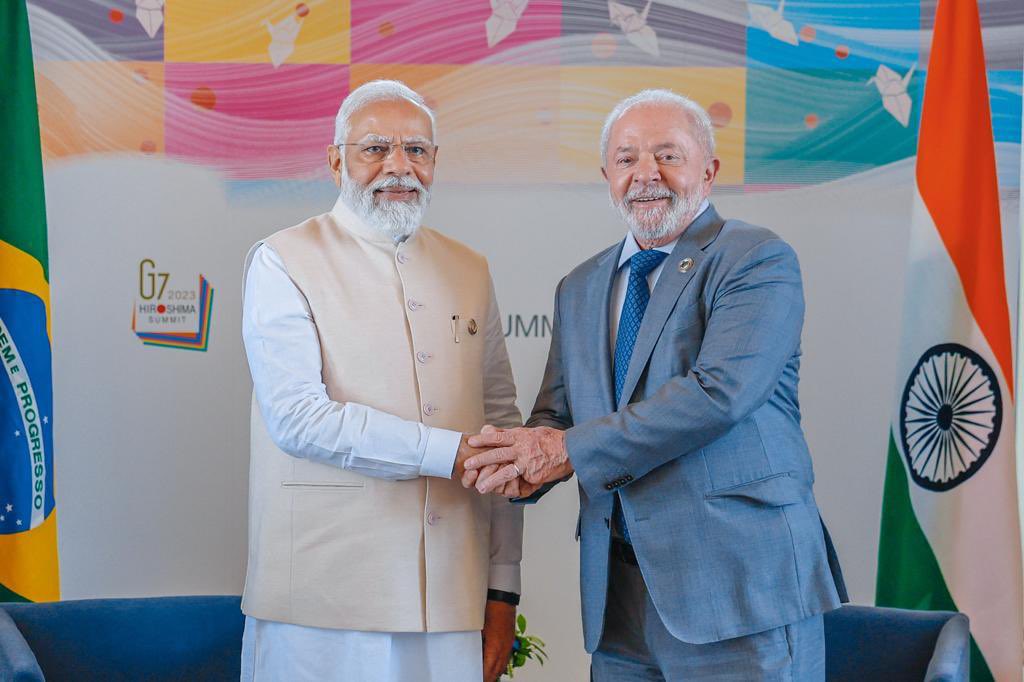

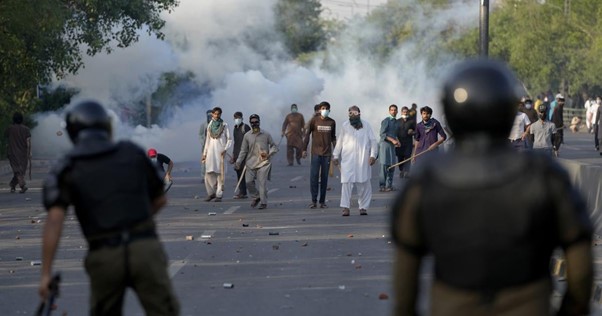

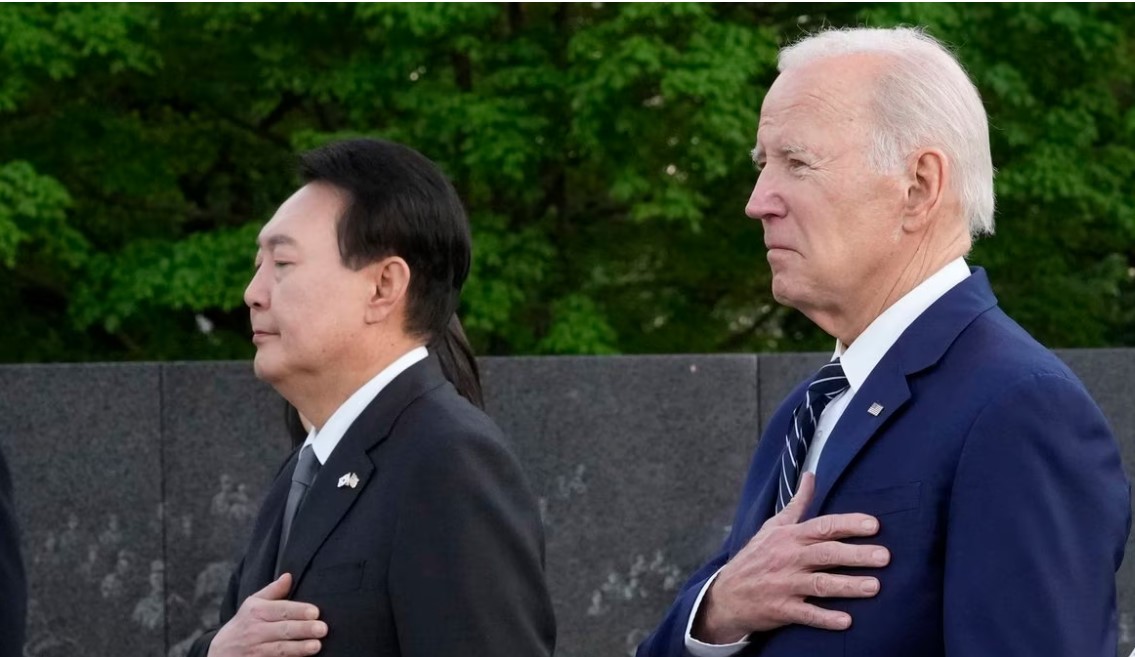

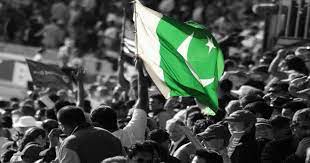
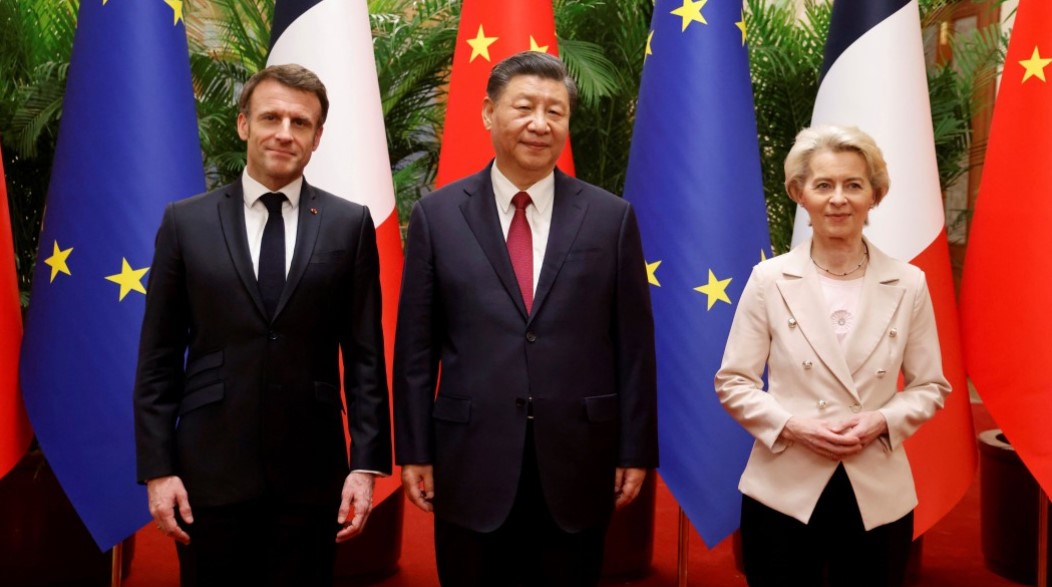







POST COMMENTS (3)
Shubham Pandey
Shilpi Singh
Kalidan Singh